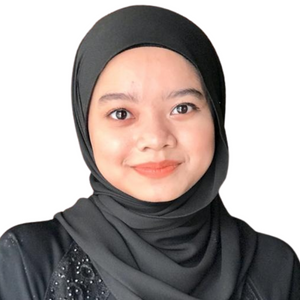UK is welcoming to Muslim women's attire, cultural diversity

KUALA LUMPUR – Among European nations, the United Kingdom stands out as a country known for its welcoming attitude towards diverse cultures from around the world, particularly concerning the wearing of the burqa and niqab by Muslim women.
This has been stressed by the UK House of Lords member Lord Syed Salah Kamall Baron Kamall, who is also the Islam & Liberty Network Co-Founder.
"France has a different approach, particularly concerning the separation between church and state. They have their own set of challenges.
"While in the UK, we have women with differing perspectives on wearing certain garments. Some feel coerced into it, while others believe it's a personal choice they make freely.
"As far as I'm concerned, the decision should ultimately live with the woman herself. We should respect her autonomy in this regard," he said in an exclusive interview with Sinar Daily at the 10th International Islam and Liberty Conference (ILN) at the Concorde Hotel, Kuala Lumpur.
However, Syed Kamall further elaborated that there were several practical considerations, such as when someone is working in an official capacity, like a photographer.
"In such cases, wearing specific attire might not be feasible," he elaborated.
Syed Kamall highlighted that UK was the best when it comes to tolerance and embracing diversity.
"From across the world, we're very, relatively open countries and it is a very diverse country. Once again, it's not perfect," he added.
Due to this issue, he pointed out that this matter would be resolved by having an open and sensible discussion,starting from the highest levels of government and involving all stakeholders.
"This approach makes the most sense. In Britain, we respect an individual's choice to wear what they want, and I find that to be quite impressive. I also had personal experiences with this expression of individuality," he elaborated.
For many years, there had been heated debates about the burqa and niqab in European countries.
The burqa, a women's attire that fully covers the body and the face with a mesh over the eyes, and the niqab, which is a face veil covering the face except the eyes, have already been strictly prohibited in some European countries in public places, including the streets, public transport, shops, hospitals, and cinemas.
While some countries believed banning the hijab would discriminate against women's rights and hinder integration, others viewed it as helping combat religious persecution and terrorism.












